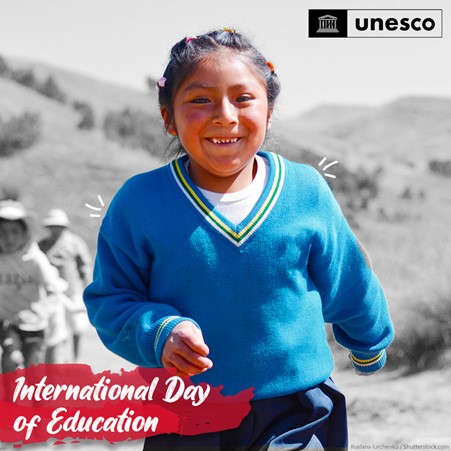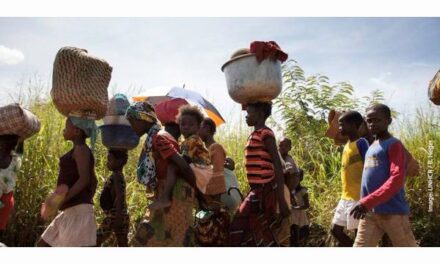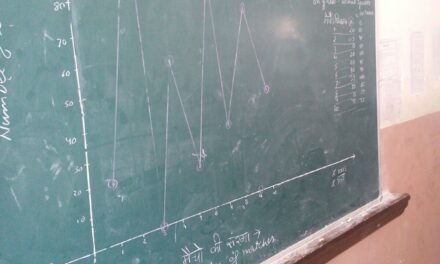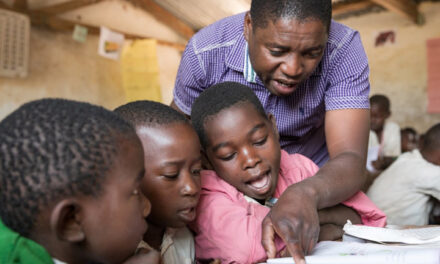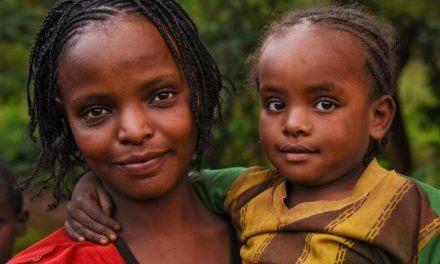On 24th January 2022, the world will mark the fourth International Day of Education, under the theme “Changing Course, Transforming Education”. As it was detailed in UNESCO’s recent global Futures of Education report, transforming the future requires an urgent rebalancing or our relationships with each other, with nature as well as with technology that permeates our lives, bearing breakthrough opportunities while raising serious concerns for equity, inclusion and democratic participation.
This year’s International Day of Education will be a platform to showcase the most important transformations that have to be nurtured to realise everyone’s fundamental right to education and build a more sustainable, inclusive and peaceful future. It will generate debate around how to strengthen education as a public endeavour and common good, how to steer the digital transformation, support teachers, safeguard the planet and unlock the potential in every person to contribute to collective well-being and our shared home.
So how have UKFIET members been changing course and transforming education over the past year? We highlight just a selection of articles here but you will find plenty more by browsing our website.
Deconstructing Ethical and Equitable Research Practices
by Sixtine Berquist, ACCESS
Adopting a holistic approach to examining learning loss as a result of school closures in Ethiopia: including socio-emotional learning
by Stephen Bayley, Darge Wole Meshesha, Paul Ramchandani, Pauline Rose, Tassew Woldehanna, and Louise Yorke
Decolonising co-design in international teacher education
by Kris Stutchbury and Clare Woodward, Open University
Reimagining learning spaces for an equitable and inclusive education and learning
by Yulia Nesterova, University of Glasgow, and Becky Telford, UNHCR
Interrogating Research Methods: Building back better for more inclusive quality education for all
by Bronwen McGrath, Aga Khan Foundation, Elizabeth Walton, University of Nottingham and Yvette Hutchinson
Network Leaders Discuss Building a More Conducive Learning Environment Post-COVID at UKFIET 2021
by Teach for All team
Protection is possible. How an innovative operating model strengthened safeguarding for the Girls’ Education Challenge
by Danielle Cornish-Spencer, Girls’ Education Challenge
Listening to African Researchers: Making sure evidence informs education policy and practice
by Samuel Asare, Pauline Essah and Izel Kipruto from ESSA; and Pauline Rose and Sandra Baxter from the REAL Centre
Re-imagining learning spaces in rural Zimbabwe
by Janelle Zwier, World Vision Zimbabwe
Rethinking the Education Workforce: Making the Invisible Visible
by Claire Hedges, Open University, and Katie Godwin, Education Commission
Getting girls back into school: strategies for successfully re-enrolling girls in Ghana and Sierra Leone
by Sophie Belfield, Meenu Mathur and Ellie Caine, Plan International UK
Interrogating the question ‘what works?’
by Angela Little, UCL Institute of Education
Adapting interventions to strengthen teaching quality during the COVID-19 pandemic: Experience of the Girls’ Education Challenge in Afghanistan, Ghana and Sierra Leone
by Monazza Aslam and Shenila Rawal, OPERA; Phoebe Downing and Pauline Rose, REAL Centre; Romanshi Gupta and Katie Stewart, Tetra Tech
Accelerated Secondary Education as an Alternative to Returning to School: A case study from South Sudan
by David Masua, Ian Leggett and Rodrick Hicks, Windle Trust International
Seizing this COVID-19 Opportunity to Transform Education Fundamentally
by Mike Douse, independent adviser
Read our summary from International Education Day 2021:
International Education Day – how to recover and revitalise for the COVID-19 generation?

